-
main-collection-product-grid
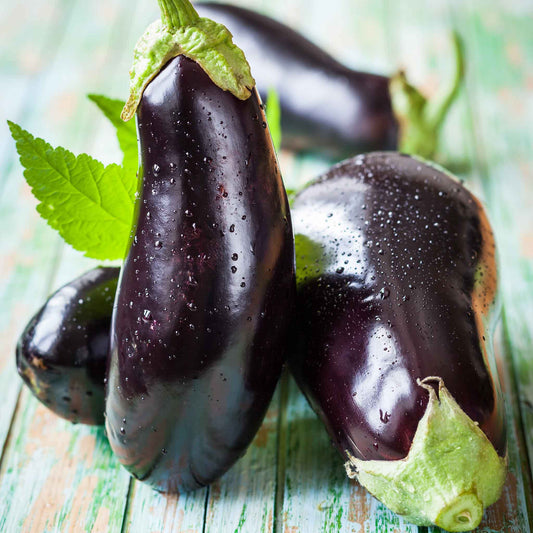
Eggplant Seeds - Black Beauty
Classic, deep purple skin with an excellent flavorEggplant Seeds - Black Beauty
Classic, deep purple skin with an excellent flavorRegular price As Low As $4.49Regular priceUnit price per -
main-collection-product-grid
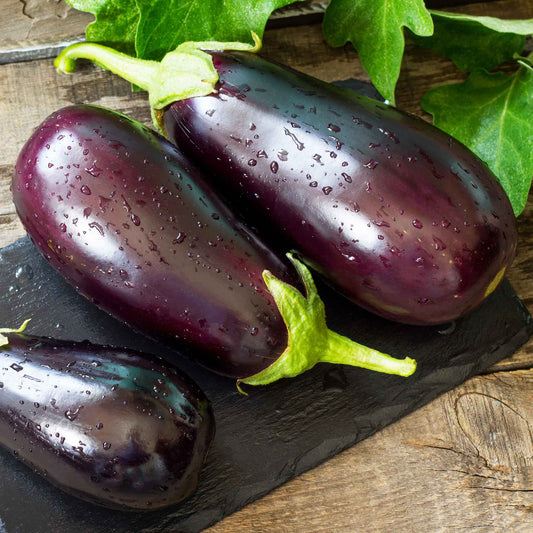
Eggplant Seeds (Organic) - Black Beauty
Set the standard for eggplants for over a centuryEggplant Seeds (Organic) - Black Beauty
Set the standard for eggplants for over a centuryRegular price As Low As $6.29Regular priceUnit price per -
main-collection-product-grid
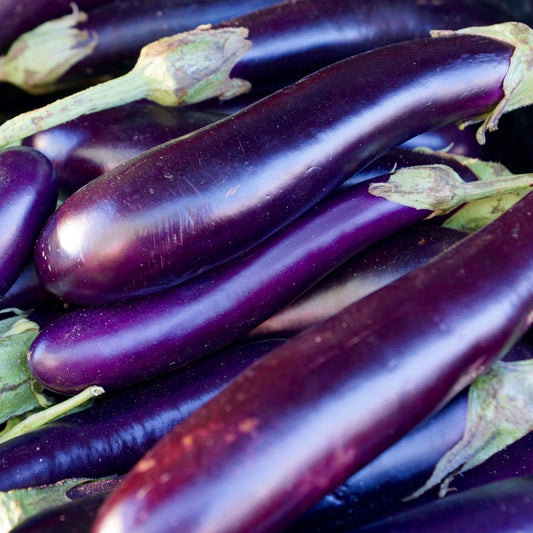
Eggplant Seeds - Long Purple
Longer, cylindrical shape can be sliced like a cucumberEggplant Seeds - Long Purple
Longer, cylindrical shape can be sliced like a cucumberRegular price As Low As $4.49Regular priceUnit price per -
main-collection-product-grid
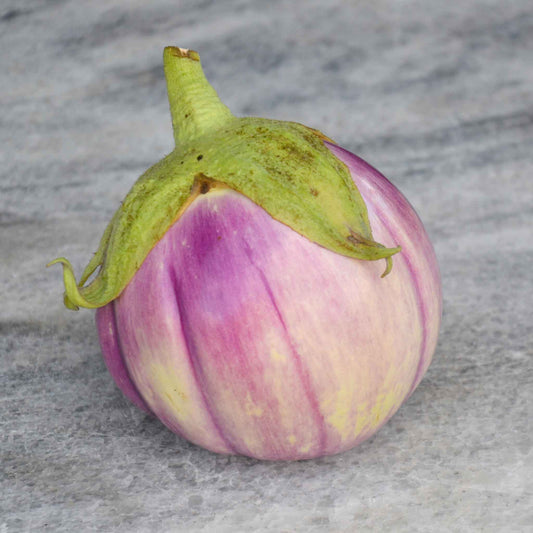
Eggplant Seeds - Rosa Bianca
Sweet and fleshy lavender varietyEggplant Seeds - Rosa Bianca
Sweet and fleshy lavender varietyRegular price As Low As $5.79Regular priceUnit price per -
main-collection-product-grid
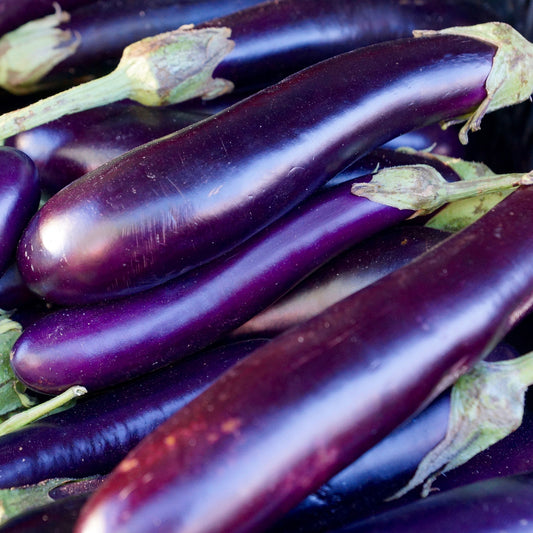
Eggplant Seeds (Organic) - Long Purple
Italian heirloom with firm, mild fleshEggplant Seeds (Organic) - Long Purple
Italian heirloom with firm, mild fleshRegular price As Low As $7.39Regular priceUnit price per -
main-collection-product-grid
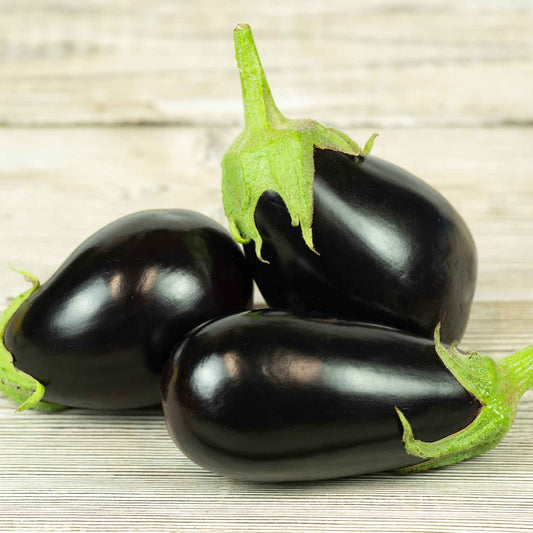
Eggplant Seeds - Black Egg
Japanese variety of palm-shaped fruitsEggplant Seeds - Black Egg
Japanese variety of palm-shaped fruitsRegular price As Low As $6.09Regular priceUnit price per -
main-collection-product-grid
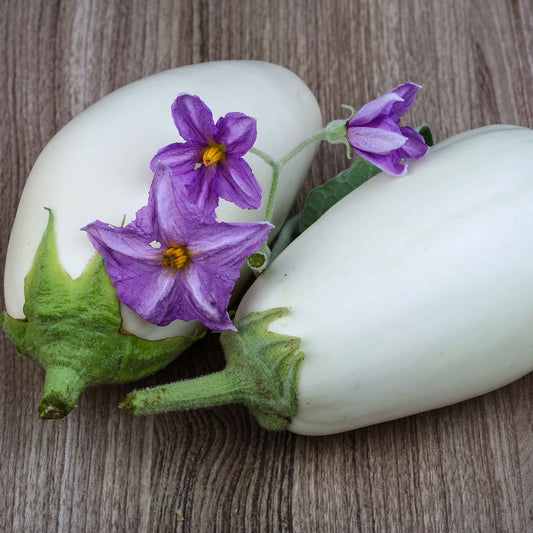
Eggplant Seeds - Casper
Mild taste with creamy white fleshEggplant Seeds - Casper
Mild taste with creamy white fleshRegular price As Low As $6.09Regular priceUnit price per -
main-collection-product-grid
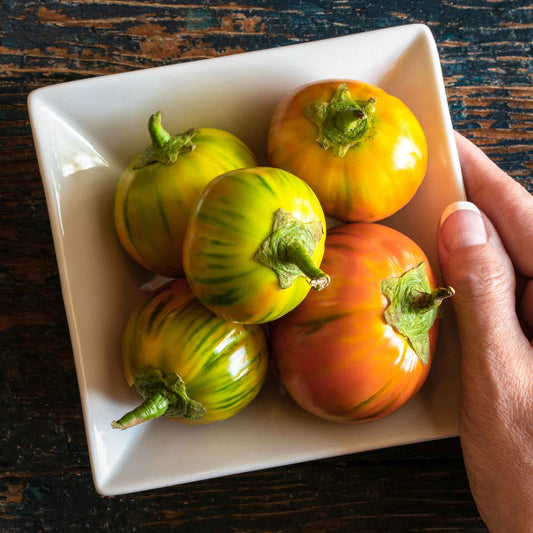
Eggplant Seeds - Turkish Orange
Produces dozens of tomato-sized fruitEggplant Seeds - Turkish Orange
Produces dozens of tomato-sized fruitRegular price As Low As $6.09Regular priceUnit price per
Growing heirloom eggplant in your garden
- A wonderfully fresh, warm season annual
- Delicious, nutritious, and contains antioxidants
- Considered a nightshade vegetable
- Prefers full sun exposure
Choose the best heirloom eggplant seeds for your garden
In other parts of the world, eggplant is known as aubergine or brinjal. It is a nightshade family plant that is produced for its edible fruit. The spongy and absorbent fruit of the eggplant gained popularity as a result of its capacity to absorb flavors in a range of cuisines. Despite the fact that it is technically a fruit (a berry), it is most usually used in cooking as a vegetable. Not just for the Italian specialty eggplant parmesan, eggplant is used extensively in East Asian, South Asian, French, Mediterranean, and Middle Eastern cuisines. It's interesting to note that eggplants were once thought to cause madness in Italians. The reason for this was that eggplants are nightshades, and some kinds of nightshades are toxic. Don't worry, eggplants are both safe and delicious! In fact, they contain Nasunin, a powerful antioxidant that fights oxidative stress and inflammation.
Heirloom eggplant is easy to grow
Eggplants are a popular tropical perennial plant with a wide range of uses. Although there is no universal agreement on their origins, many people believe they are native to Africa, South Asia, or India, where they are still seen growing wild. If you want to grow eggplant in your garden, all you need is a little planning, the correct conditions, and some care.
Indoors, start your heirloom eggplant seeds in small pots. Place the pots in a warm area after watering them and covering them with plastic. As the seedlings germinate, keep them moist. It normally takes seven to fourteen days for seeds to germinate. Once the seeds have germinated, the plastic can be removed and the pots or trays placed in a strong light or a window. For the next eight to ten weeks, keep the seedlings moist as they grow. After hardening off, the eggplant can be transferred outside whenever the soil temperature outside reaches 60°F.
Harvesting the best eggplant fruit
Heirloom eggplant can be harvested once the skin looks glossy. Once this happens, the fruit is unlikely to grow larger. Typically this is about two to three months after planting, depending on the variety.
For more information about planting, growing, and caring for heirloom eggplant seeds, see the Eggplant Seeds Planting Guide.







